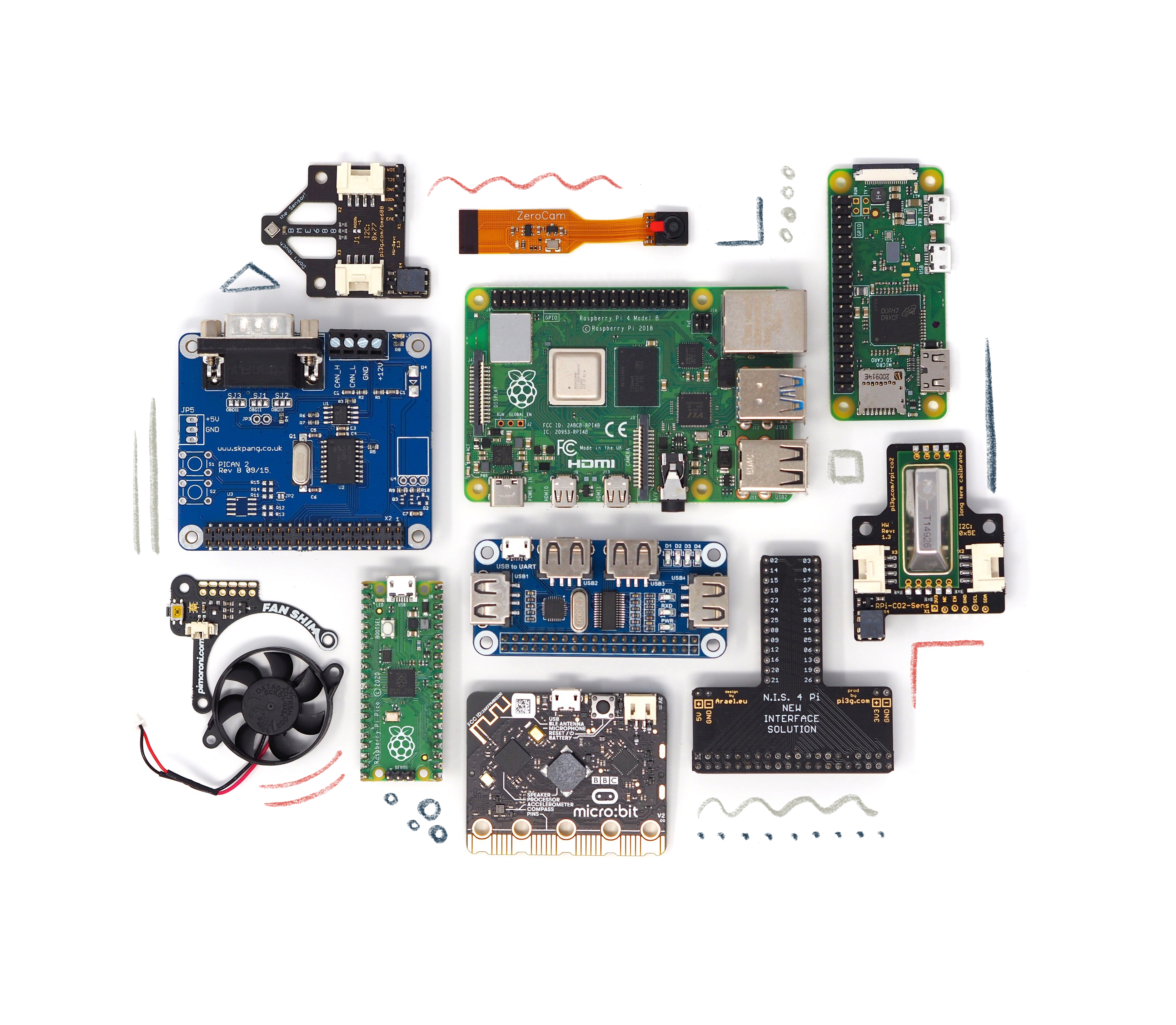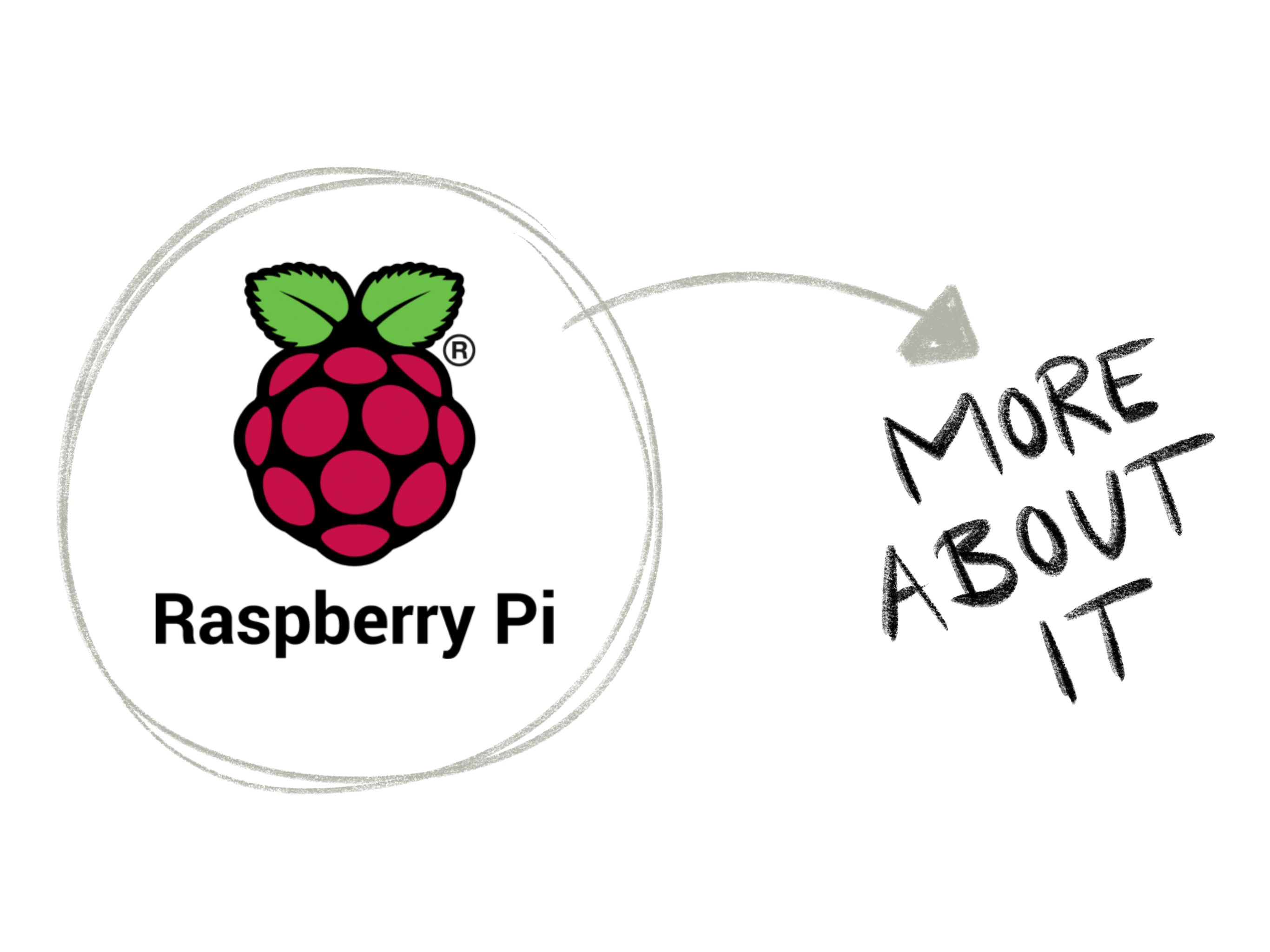the story behind pi3g
Back in 2012 the story of Maximilian and the Raspberry Pi started. He was excited when he got his first Pi and also saw the great potential for further development in it.
Then PiCockpit was born to make using and managing the Pi easier and more accessible for everyone.
Maximilian has always been interested in computers and believed that they are a lever to improve everything in the world - for example in medicine.
Over the years, Maximilian's work has grown and new fields of expertise have emerged...
working at pi3g


In our blog you can expect blog posts about technology and business topics, of course about the Raspberry Pi, but also a wide variety of topics related to Industrie 4.0, IoT, and machine learning - for example about the popular MQTT protocol, Python and Linux embedded development, and much more. Blog entries are not scheduled and not in particular order - the topics are an eclectic mix of what comes up in real life of a company engaged in machine learning & Raspberry Pi embedded adventures.
We are happy to write about special topics that are not so well-documented elsewhere.
If you have any suggestions, we are happy to discuss current topics with you and are always ready to brainstorm workable solutions with you.
Enabling and checking I2C on the Raspberry Pi using the command line for your own scripts
Most people know that you can enable the I2C port using raspi-config.raspi-config also offers a non-interactive mode, where you can drive it’s functionality using command line parameters to it.Reading the current state of the I2C port on the Raspberry PiHere is how to read the current state of the I2C port:sudo raspi-config nonint get_i2cThis command…
read moreRaspberry Pi single board computer market share of total PC market in 2020
For a report I’m preparing for a bank, today I’ve calculated the market share of the Raspberry Pi single board computers (all models) in the worldwide PC market in 2020. Here it is: 2,69 % (at 7.4 Million shipped Raspberry Pi units in 2020) Here is how I came up with this figure: Calculated the…
read moreRaspberry Pi Compute Module 4 vs Compute Module 3
Raspberry Pi launched Compute Module 4, as a successor to Compute Module 3B+. The Compute Module 4 (CM4) is a so-called System on Module (SoM), which contains core parts which make up a Raspberry Pi 4, for example, and in addition to that eMMC Flash in different sizes (ranging from none for the Lite module…
read more



